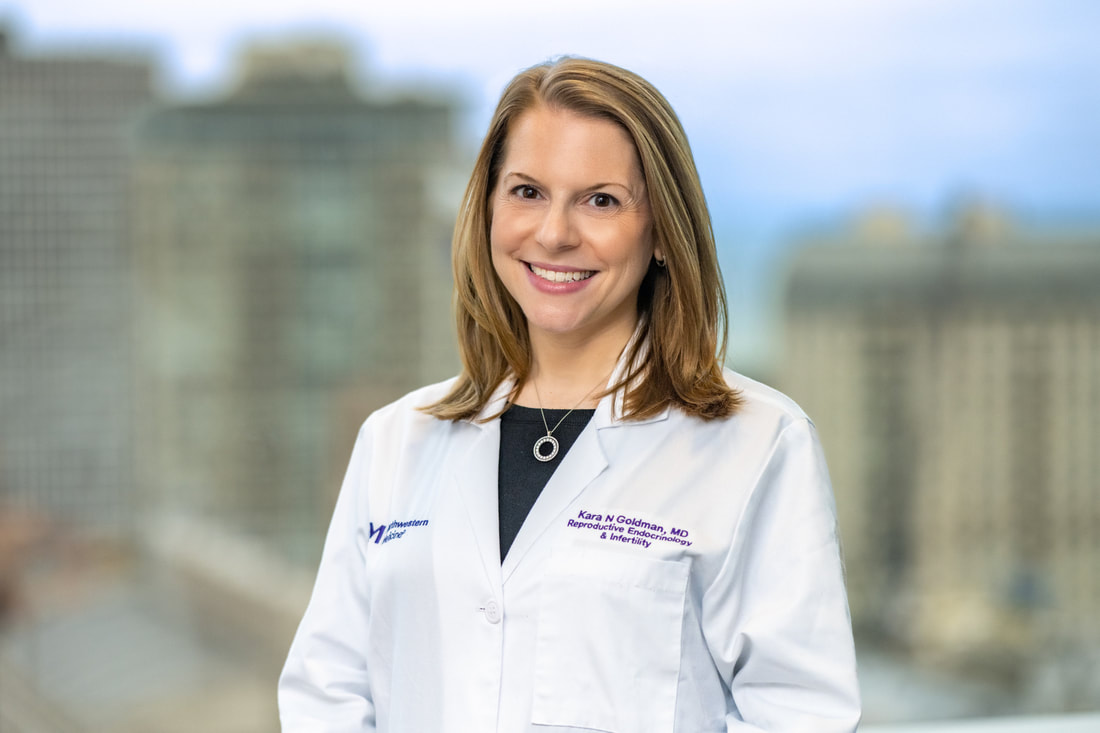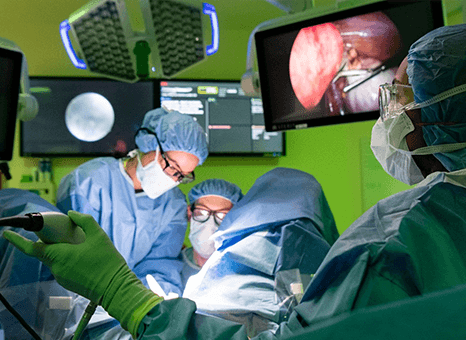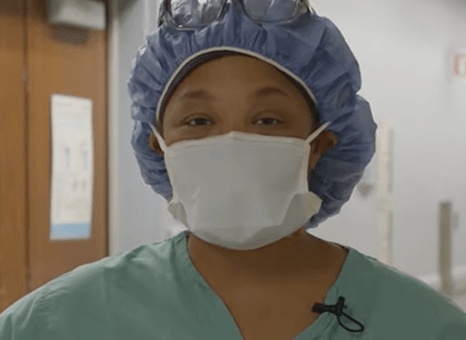|
August 2023 NEW RESEARCH SHOWS LIMITED ACCESS TO FERTILITY PRESERVATION FOR CANCER PATIENTSFeaturing: Kara N. Goldman, MD
In the United States, more than 3.6 million reproductive-age women lack geographic access to an oncofertility center Certain cancer treatments, like chemotherapy and radiation therapy, can negatively impact a patient’s ability to have children. In the United States, nearly 6% of women will develop invasive cancer by the age of 50, and female cancer survivors are approximately 50% more likely to develop clinical infertility compared with noncancer survivors. Preserving fertility before the start of cancer treatment is an urgent and essential part of cancer care. However, geographic proximity to an oncofertility center is an obstacle for many patients. Research published in JAMA Oncology in August 2023 shows that more than 3.6 million reproductive-age females lack geographic access to oncofertility services. The researchers conducted a geospatial analysis that identified regions of the U.S. with disproportionately low geographic access. The states where nearly 100% of reproductive-age women have geographic access to an oncofertility center have:
This study highlights stark disparities between states like Illinois, where at-risk individuals have nearly ubiquitous geographic access to care and extensive insurance mandates, and neighboring states like Missouri, Indiana and Wisconsin, where at-risk patients struggle with limited geographic access, no insurance mandate or both. “Fertility preservation is a critical part of comprehensive cancer care, but procedures like egg and embryo freezing are time-intensive, expensive and highly specialized,” says Kara Goldman, MD, corresponding author of the study, and medical director of Fertility Preservation at Northwestern Medicine Center for Fertility and Reproductive Medicine. “Given the urgent nature of fertility preservation in the face of cancer, it is critically important that patients have both geographic and financial access to this care.” Study Overview and Results From 2021 to 2022, researchers analyzed locations of all fertility clinics identified through the 2018 CDC Fertility Clinic Success Rates Report, along with data from the 2020 U.S. Census. They identified the primary at-risk population as reproductive-aged women between 15 to 44 years old. The researched looked at those who lived within a two-hour travel-time radius of clinics that offer fertility preservation services, and they evaluated how this intersects with the state-based insurance mandates for fertility preservation coverage.
“By integrating geographic and legal considerations into our analysis, we were able to identify regions of the country that are currently underserved,” says Nivedita Potapragada, co-first author of the study and a medical student at Northwestern University Feinberg School of Medicine. “Our analysis highlights the importance of addressing these geographic disparities, especially with the demand for oncofertility services continuing to grow." To hear Dr. Goldman discuss the study, listen to the JAMA Oncology podcast. |
Kara N. Goldman, MD, associate professor of Reproductive Endo and Infertility in the Department of Obstetrics and Gynecology.
Refer a PatientNorthwestern Medicine welcomes the opportunity to collaborate with you in caring for your patients.
|
You May Also Like
|
December 2022 |
December 2022 |





